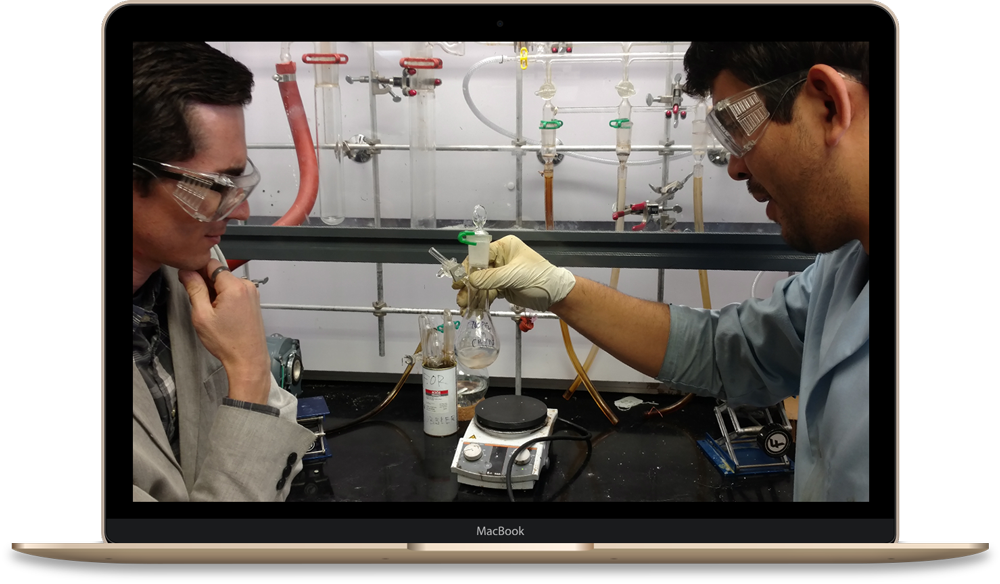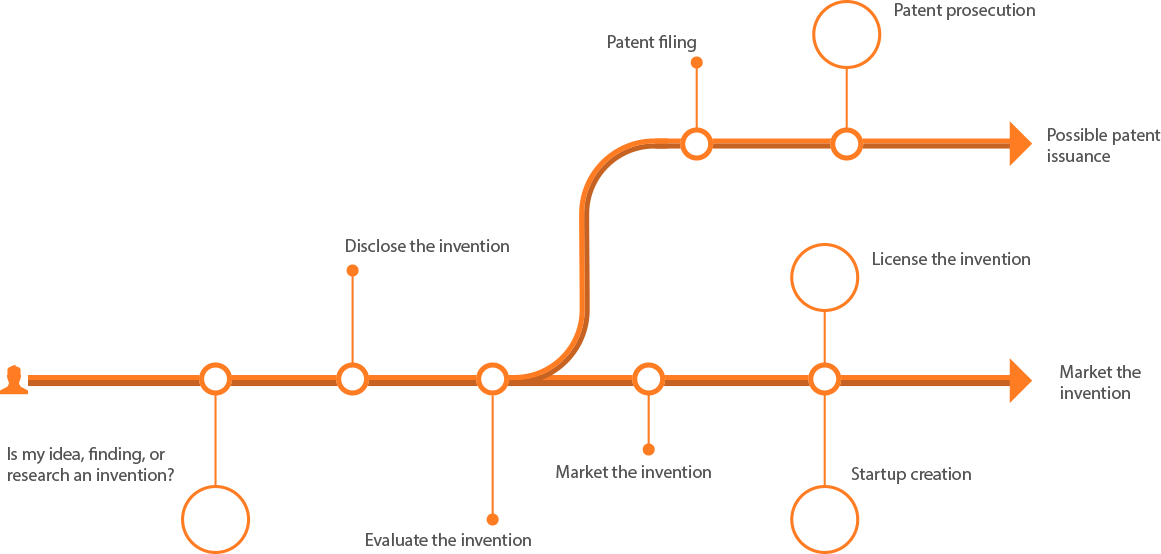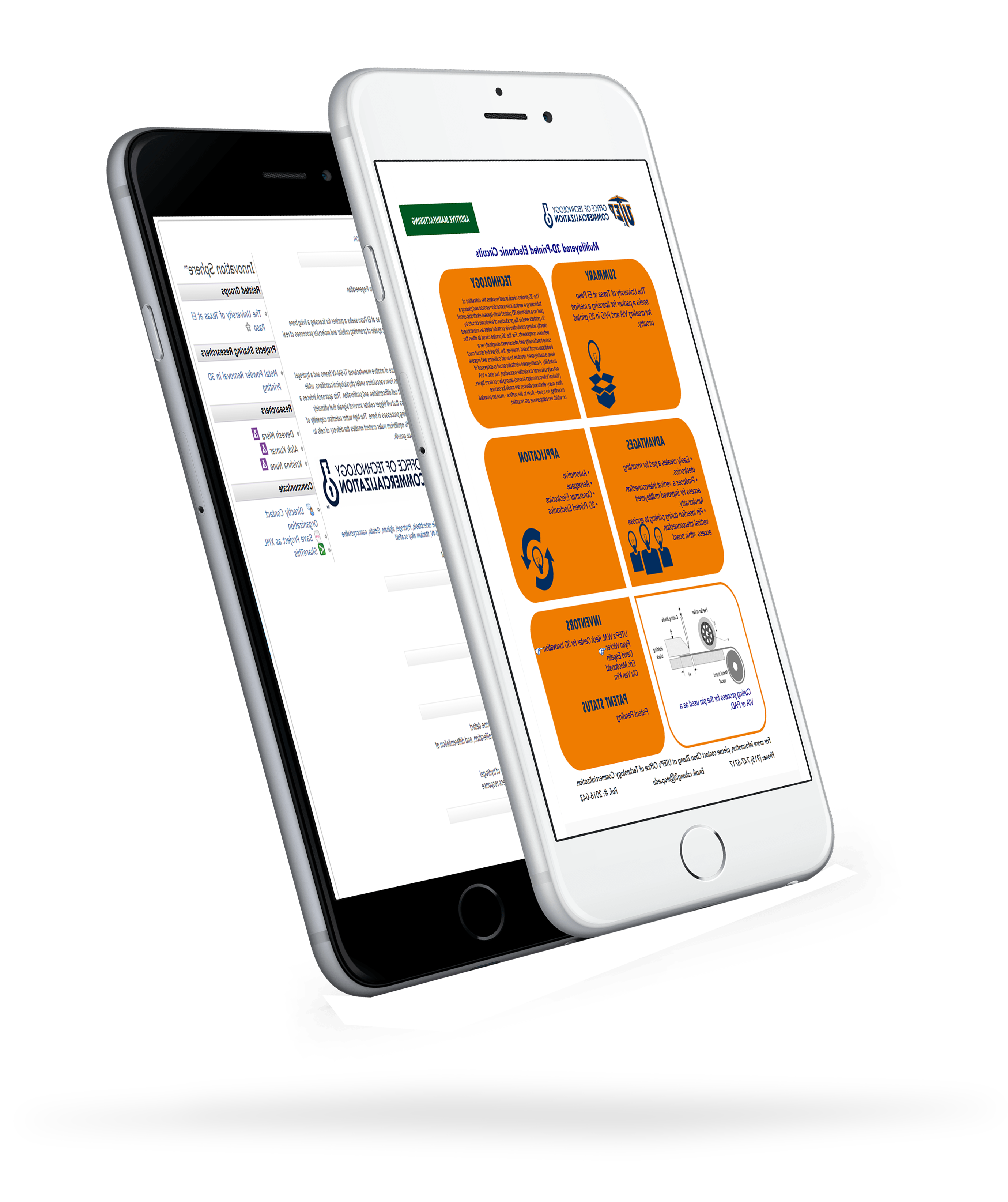Commercialization Process
Step-by-step instructions
Commercialization Process
Is my Idea, Finding or Research an Invention?
-
If your finding follows government laws and regulations, is novel, useful and non-obvious, then it is an invention (Bitlaw, 2016).
-
If you are unsure if your finding qualifies as an invention, please either contact us or submit an Invention Disclosure form the following links.

Disclose the Invention
The Invention Disclosure is a confidential document, and should fully describe the new aspects of your invention, including the critical solution it provides and its advantages and benefits over current technologies.
An Invention Disclosure is a written description of your invention. It can include bullet-point descriptions, manuscripts, drawings and photos. Anything in writing can serve as an Invention Disclosure as long as it describes the essential features of your invention. The Invention Disclosure is the first step in documenting and protecting your idea.
Please disclose your invention to OTC before making any publications or presentations, which are considered public disclosures.
If you have a Sophia Account, please sign in here to submit your Invention Disclosure. Otherwise, please request access by clicking here.
For instructions on how to register, click the following link Sophia Instructions.pdf
Product Development Considerations for Your invention Disclosure.
As an inventor, here is a list of product development questions for you to consider while disclosing your invention:
- What are the products and who is the customer?
- Location of the potential market?
- Who are the competitors?
- What do existing products cost?
- Can the products be incorporated into other existing products? If so, what existing products?
- What are the benefits over competitor’s products?
Evaluate the Invention
Initial Evaluation
OTC will evaluate your invention by assessing its stage of development and commercial potential. OTC will review the technology and perform detailed patent searches and market analysis to define the features and benefits of the invention.
Patent Search
OTC will perform a detailed patent search to locate similar inventions in your technology cluster. The patent search results are provided to the inventors for further review and evaluation.
OTC does not guarantee the patentability of any invention.
Market the Invention
• OTC will conduct a thorough market analysis to assess which industries will most directly benefit from your invention.
• OTC will identify companies within that market that may be interested in licensing your invention.
• OTC will provide a future outlook on those industries to evaluate the product development potential for your invention.
License the Invention
Licensing revenues are distributed in accordance with the Regent’s Rules of the University of Texas System. These rules provide for all costs of patenting and licensing to be recaptured. The remainder of income is divided:
• 50% to Inventors
• 25% to College, Department, or Center
• 25% to UTEP’s OTC
For more info please see the Link to licensing process for detail information.



